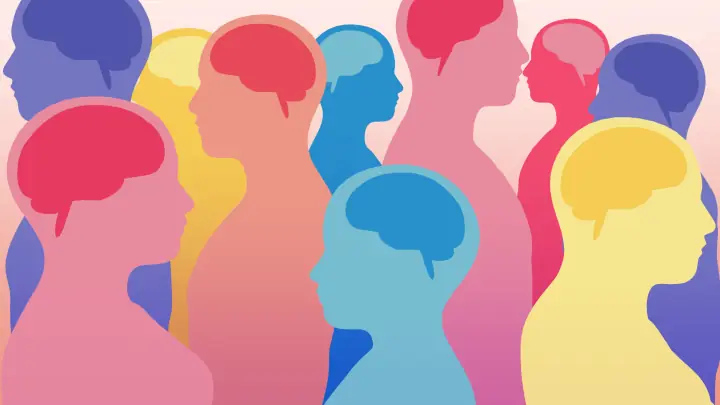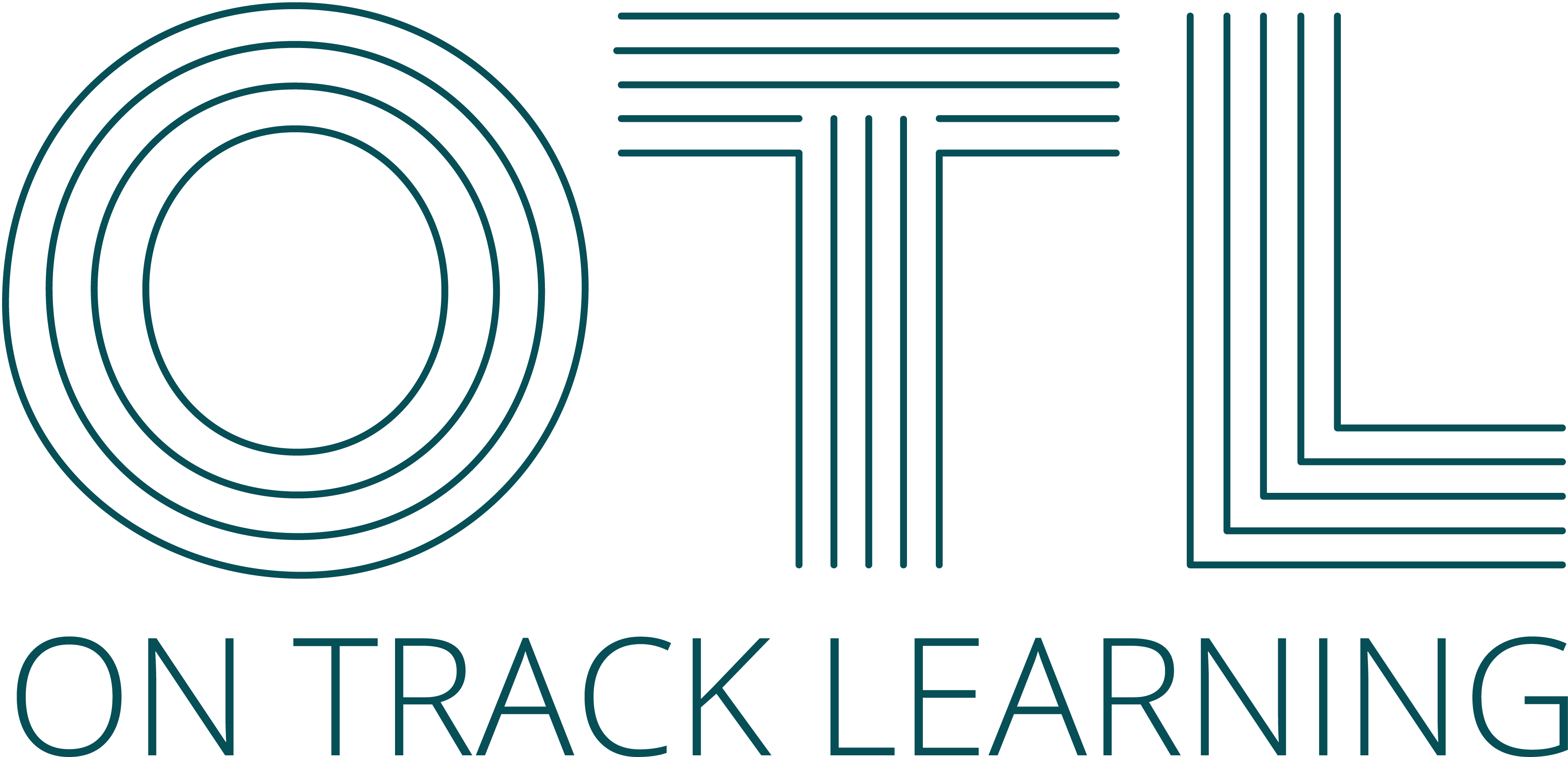Friday Reflections – Neurodiversity Celebration Week

This week is Neurodiversity Celebration Week, the purpose is to challenge stereotypes and misconceptions about neurological differences. It aims to change the focus from the challenges of neurological diversity and transform how neurodivergent individuals are perceived and supported, recognising the talents and advantages being neurodivergent brings.
As a severe dyslexic who was in many remedial classes as a child and who’s educational psychology report referred to a “gifted child who is retarded when it comes to language.” I appreciate the term neurodiversity which to me is non-judgmental and advocates inclusion. Neurodiversity describes the idea that people experience and interact with the world around them in many different ways; there is no one “right” way of thinking, learning, and behaving, and differences should not simply be viewed as deficits.
I also appreciate that neurodiversity refers to the diversity of all people, but is often used in the context of autism or ADHD and other conditions previously referred to as learning disabilities. However, I am going to the focus on the area I feel qualified to talk about which is dyslexia.
I had no reading or writing age when I was tested at 9. But I was lucky to be spotted and tested, dyslexia wasn’t as well known when I was at school. At my school we sat in form order, with the bright kids in the back row, the mediocre kids in the middle row and the thick kids in the front row. I use that language purposefully, as that is how the system made us feel. We moved around for each lesson and normally kids stayed in their ability row. I stood out as I went from top in maths to bottom in English etc. jumping from the extremes of the capability seating plan. I then went from top in maths to bottom. When they looked into this, they realised that the boy who had been sat next to me in maths had moved seats, and that as he had been reading me the questions, without his support I could no longer do maths. I was lucky, as this led to me being tested and ultimately to getting specialist support which taught me in different, probably more complicated way, that made sense to me and allowed me to overcome the challenges I faced in school and mask my different way of thinking so I could get by.
I saw my dyslexia as a disadvantage, I saw it as something I had to cover up and overcome not just in order to fit in but in order to get by in life. I saw it this way as that is how it was always presented to me. There is a great Ted talk by Dean Bragonier titled “the true gifts of a dyslexic mind”. In the talk he talks about neuro pathways in the brain and how the axons that connect to minicolumns which make up these pathways vary in length. He quotes science which I haven’t substantiated, but I like the idea of, that determines the varying degree of axon length has a profound impact in the way we think. Where those with autism having far shorter axon lengths between minicolumns enabling them to process incredibility detailed and highly specific information, whereas with dyslexics these axon lengths are far longer leading to other advantages, where we can make sense of seemingly disparate information and create a meaningful narrative others may not see, perhaps a bigger picture. This ability leads to success in certain fields, such as entrepreneurship, architecture, engineering and the arts. However, these longer pathways mean we find it incredibly difficult to do the phonetic decoding – needed to translate letters and words.
He goes on to point out that before reading and writing became the stable benchmark to assess kids progress in education we learnt from watching and doing, from kinaesthetic learning and dyslexics excelled. Since then the education system based on reading and writing has essential locked out the 20% of the population who are dyslexic.
As an intelligent child that couldn’t do the things everyone else around me was seemingly doing easily – reading and writing – it was highly frustrating and demoralising. You are constantly presented with situations where this view of yourself is reinforced and you become ashamed of your failings, and apparent stupidity. Now I was lucky, I was spotted, tested and given expert support, however, I have no doubt that without the support my path would have been very different.
In his talk Dean quotes that in the states, while 20% of the population are dyslexic, a disproportionate 60% of all young offenders have dyslexia. Intelligent kids disenfranchised by a system that sets them up for failure. Afterall if a child is repeatedly made to feel like a failure there is a good chance that is what they will become.
On the flip side we can see that when dyslexic minds are empowered, dyslexics like Einstein, Picasso, Da Vinci, JFK, Richard Branson, Mohamid Ali, then anything is possible. Apparently 40% of all self made millionaires are dyslexic as are 50% of NASA scientists.
Cambridge University released research by Dr Helen Taylor last year that not only expounds the case that developmental dyslexia give advantages it sights that dyslexia is essential to human adaptive success. The research concluded that people with dyslexia are specialised to explore the unknown, which plays a fundamental role in the ability for humans to adapt to changing environments; crucial to our survival. According to Dr Taylor “The deficit-centred view of dyslexia isn’t telling the whole story. We believe that the areas of difficulty experienced by people with dyslexia result from a cognitive trade-off between exploration of new information and exploitation of existing knowledge, with the upside being an explorative bias that could explain enhanced abilities observed in certain realms like discovery, invention and creativity.” The theory is that our ancestors evolved to specialise in different, but complementary, ways of thinking, which enhances human’s ability to adapt through collaboration. These cognitive specialisations are rooted in a well-known trade-off between exploration of new information and exploitation of existing knowledge.
Exploration encompasses activities that involve searching the unknown such as experimentation, discovery and innovation. In contrast, exploitation is concerned with using what’s already known including refinement, efficiency and selection. The researchers highlight that collaboration between individuals with different abilities could help explain the exceptional capacity of our species to adapt.
What is clear to me is that when we see those who approach challenges, whose who think differently, as lacking something or being deficit in an area then we not only do them a disservice we miss out as a society or a business. This huge delta in outcomes between the 60% of young offenders and 40% of self-made millionaires is clearly largely down to the support and nurture we are given when at school or in the workplace. Now I have speaking about the area I know a little about, dyslexia, but I think the essence of the example applies to any type of neurodiversity. If we harness the different ways of thinking, if we embrace it then we can, not only support people to get by, but we can unleash genuine capabilities and brilliance to the benefit of all.
‘neurodiversity may be every bit as crucial for the human race as biodiversity is for life in general.’ Blume (1998)



